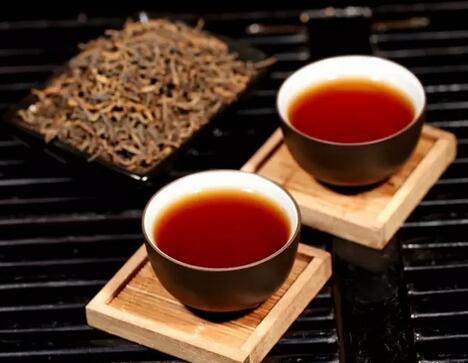
1. Aids Digestion and Relieves Greasiness
The fermentation process forms various beneficial bacterial communities. These bacterial communities can reduce the small intestine's absorption of triglycerides and sugar, enhance the breakdown of waist and abdominal fat by enzymes, and improve the intestinal microbial environment. This promotes smooth digestion, making it highly effective for alleviating winter digestive issues.
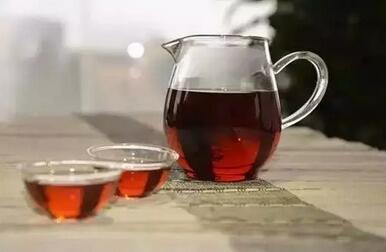
2. Warms the Stomach and Nourishes Qi
Fermented ripe Pu-erh tea contains abundant beneficial bacterial communities. Upon entering the body, it does not irritate the stomach but instead forms a protective film on the stomach lining, safeguarding those with sensitive stomachs. Ripe tea is warm and sweet in nature, helping to gather internal yang energy, warm the body, and enhance adaptability to cold weather.
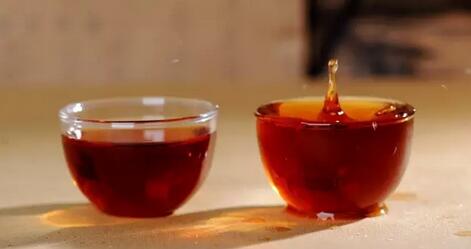
3. Boosts Immunity
Ripe Pu-erh tea contains thearubigins, theaflavins, theabrownins (TB), gallic acid, vitamin C, and other substances that play a crucial role in enhancing the human immune system and preventing colds during the chilly season.
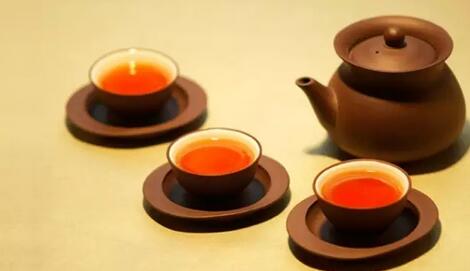
4. Replenishes Trace Elements
According to a report released by authoritative institutions in Yunnan Province, every 500 milliliters of Pu-erh tea contains up to thirty types of minerals and trace elements essential for the human body. These include polyphenols, caffeine, free amino acids, proteins, enzymes, aromatic compounds, carbohydrates, vitamins, lipids, organic acids, and trace elements such as iron, potassium, phosphorus, calcium, magnesium, manganese, aluminum, copper, zinc, sodium, nickel, beryllium, boron, sulfur, and fluorine. These elements are highly beneficial for the body, making Pu-erh tea an excellent choice for winter healthcare and nourishment.
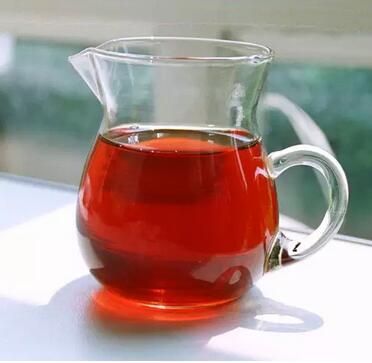
Who Is More Suitable for Ripe Tea?
1. Those Who Are Physically Cold
People who are usually sensitive to cold, have cold limbs, prefer hot drinks, and often have low body temperature, especially feeling colder in winter, are most suited for warm and hot tea.
2. Those with Gastrointestinal Issues
Due to factors like smoking, alcohol, irregular eating habits, and greasy diets, many urban dwellers suffer from poor digestion. Drinking mild and smooth ripe Pu-erh tea can help protect and nourish the stomach.
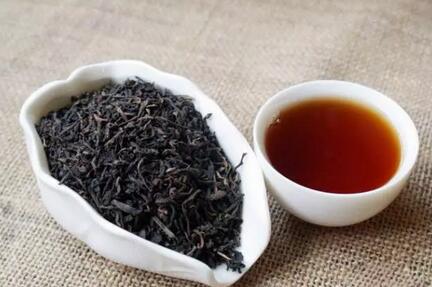
3. Elderly or Weak Individuals
Modern research on Pu-erh tea processing confirms that ripe tea has effects such as dilating blood vessels, temporarily lowering blood pressure, and reducing cerebral blood flow. The microbial activity during fermentation produces various substances that enhance the human immune system, making ripe tea particularly suitable for the elderly and those who are physically weak.
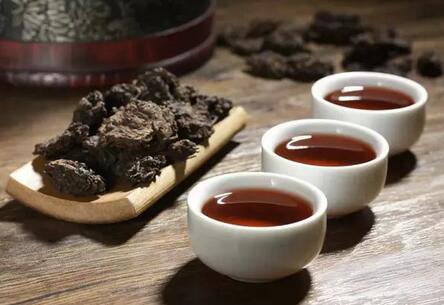
4. Those Aiming for Weight Loss and Beauty
Dr. Emile Carobi, the head of clinical teaching at the Antoine Medical Department in Paris, France, conducted clinical trials with Pu-erh tea, proving its effectiveness in reducing lipid compounds and cholesterol levels. Kunming Medical College also conducted 55 clinical trials on Pu-erh tea's efficacy in treating hyperlipidemia, comparing it with 31 cases treated with the lipid-lowering drug Atromid-S. The results showed that Pu-erh tea's efficacy was higher. Tea contains catechins, with EGCG and EGC being the main antioxidant components. Long-term consumption of ripe tea can aid in treating obesity and improving skin health.

5. Office Workers
Office workers often strain their brains and eyes and value convenience in tea preparation. Ripe tea, with its sweet and smooth taste and low bitterness, can be easily brewed in a glass cup or a gravity steeper, making it a hassle-free choice for a comforting cup of tea.